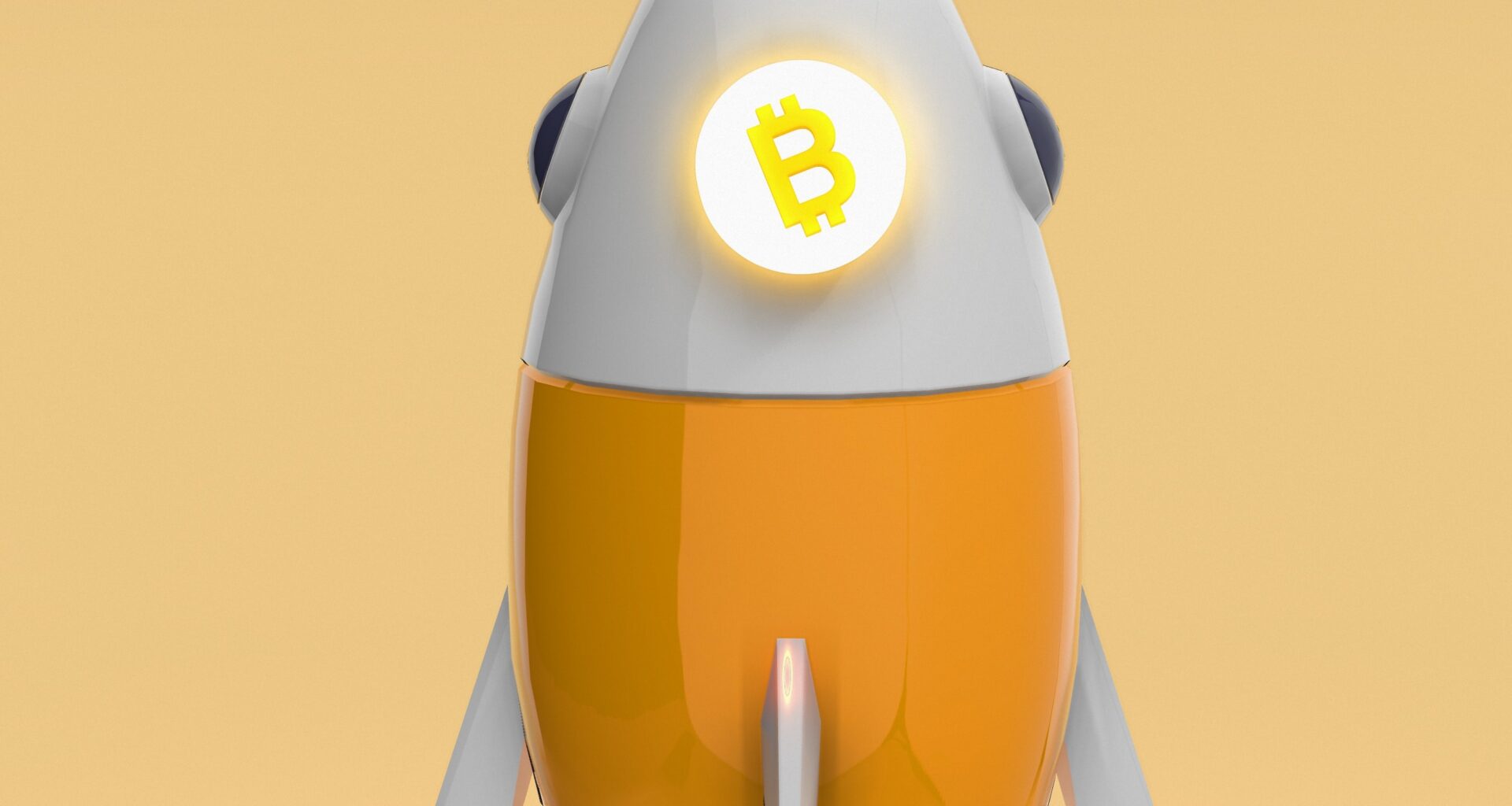A future global economy that runs solely on Bitcoin as the single financial asset would be vastly different from the current system we have in place. Bitcoin, as the first decentralized digital currency, operates on a decentralized, peer-to-peer network that allows for the transfer of value without the need for intermediaries such as banks. This would mean that the traditional banking system as we know it would no longer exist and all financial transactions would be conducted using Bitcoin.
One of the most significant changes in this scenario would be the elimination of government-issued currencies. In a global economy that runs solely on Bitcoin, there would be no need for countries to print and distribute their own currency. This would eliminate the risk of inflation and currency devaluation, as the supply of Bitcoin is fixed at 21 million coins. Additionally, Bitcoin’s decentralized nature means that it is not controlled by any central authority, which would eliminate the need for government intervention in the economy.
Another major change would be the increase in financial accessibility and inclusion. Bitcoin can be easily purchased on a crypto exchange platform with a credit card or bank transfer, it’s also accessible to anyone with an internet connection. This would mean that individuals in developing countries, who currently may not have access to traditional banking services, would be able to participate in the global economy. Additionally, the decentralized nature of Bitcoin would also eliminate the need for intermediaries such as banks and payment processors, which would greatly reduce transaction fees and increase efficiency.
On the other hand, a global economy that runs solely on Bitcoin would also come with its own set of challenges. One of the biggest challenges would be the volatility of Bitcoin’s value. While the price of Bitcoin has shown more stability in recent years, it is still known for its high volatility. This would make it difficult for businesses and individuals to plan for the future and make long-term financial decisions. Additionally, the lack of regulation in the Bitcoin market could also lead to increased fraud and misconduct.
Another challenge would be the high energy consumption of the Bitcoin network. Bitcoin’s blockchain technology, which is the backbone of the network, requires a large amount of computing power to maintain, which in turn, requires a significant amount of electricity. This could have a negative impact on the environment and could also lead to increased costs for individuals and businesses.
In conclusion, a future global economy that runs solely on Bitcoin as the single financial asset would bring about significant changes to the current system. The decentralized nature of Bitcoin would eliminate the need for government-issued currencies and intermediaries such as banks, which would greatly increase financial accessibility and inclusion. However, this scenario would also come with its own set of challenges, including the volatility of Bitcoin’s value, the lack of regulation, and the high energy consumption of the network. Ultimately, it’s important to consider the potential benefits and drawbacks before making any drastic changes to the current financial system.







